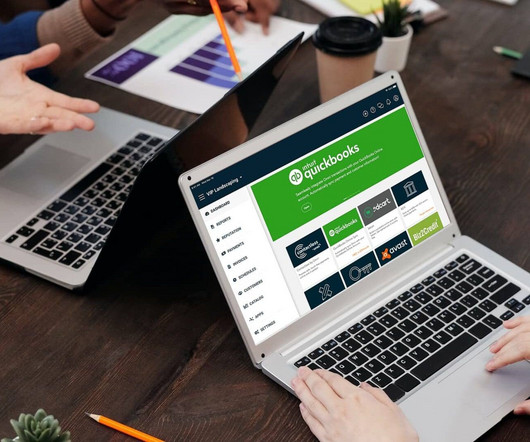ISVs vs SaaS: What’s the Difference?
Stax
APRIL 18, 2024
SaaS companies deliver software applications over the internet on a subscription basis, simplifying access and management for users. While they operate under different business models, ISVs and SaaS share similarities in software development, cross-platform accessibility, and industry reach. Consider Stax’s partner program.













Let's personalize your content